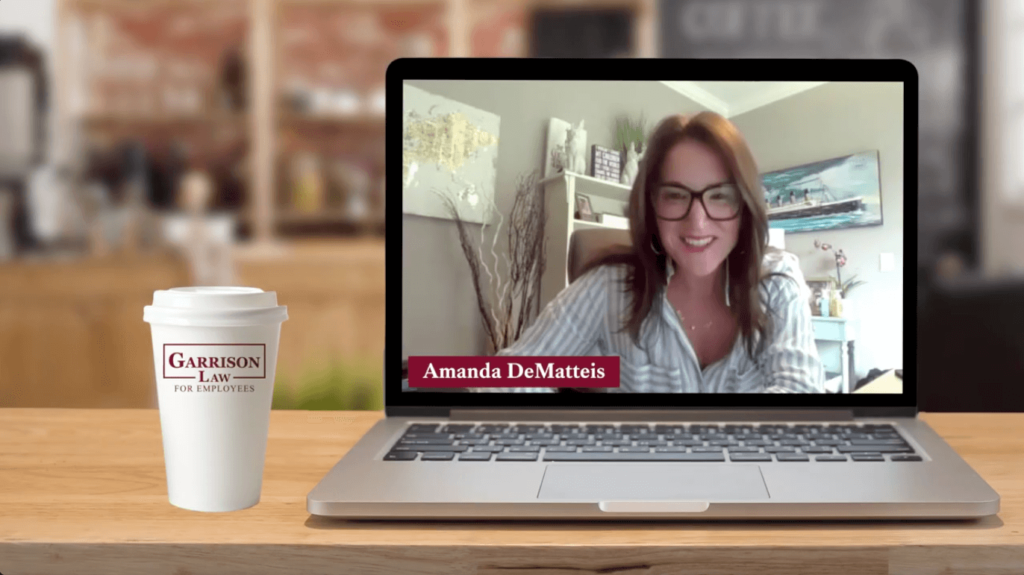Amanda DeMatteis: Hi, Josh.
Josh Goodbaum: Hi, Amanda. What are we talking about today?
DeMatteis: I thought we would talk about health benefits and how they are impacted if an employee takes FMLA leave.
As we know, FMLA is job protection but not pay protection. (Of course, Connecticut employees may qualify for Connecticut Paid Leave, and you should go on the website CTPaidLeave.org if you need medical leave from work to see if you can get some pay while you’re out.)
But often, if you take FMLA leave, you’re not getting paid. So, what happens to your health benefits during this time? Do they stay in place? Do you have to pay for them? Does your employer pay for them? What can you tell employees about that?
Goodbaum: Good question, Amanda. Under federal law, under the federal Family and Medical Leave Act, if you go out on FMLA leave, your employer has to continue your group health insurance on the same terms as if you were an active employee who was not out on FMLA leave, and that means they have to provide the same coverage.
So, for example, if you get coverage just for yourself, it could be just for yourself. But if you get coverage for your whole family – all of your dependents – your employer has to continue to provide coverage to your entire family while you’re on an FMLA leave. This means that your employer has to continue to pay their employer share of the cost of your group health insurance if that was something they did while you were actively working.
But it also means that you have to continue to pay your employee share. You have to pay your contribution to the cost of your health insurance. And if you don’t pay the cost of your contribution to your health insurance, then your employer can stop providing that health coverage while you’re out on leave, or your employer can pay it for you and then try to recoup the cost from you because it’s a cost that you have to continue to pay, even though you’re out on FMLA leave and even though you might not be getting paid by your employer during that time.
DeMatteis: Thank you so much, Josh. But what happens if you don’t go back to work at the conclusion of your FMLA leave? What happens to all the money that your employer paid?
Goodbaum: This is a tricky one, Amanda, because if you don’t return to work with this same employer after the end of your FMLA leave for at least 30 days, your employer has a right to reimbursement of the cost that it paid toward your group health insurance coverage during your FMLA leave, and that’s true even though you might not have been paid during your FMLA leave.
The exception, though, is that your employer cannot seek reimbursement if your failure to return is beyond your control — for example, because you are physically unable to return to work, or because another member of your family has a serious health condition that would justify another FMLA leave, even if you don’t have any eligibility for FMLA remaining because you’ve already taken 12 weeks in that year, or because your employer laid you off, for example, because they closed the location where you worked.
The details here can matter. If you want to check those out, they’re in Chapter 29 of the Code of Federal Regulations, starting at Section 825.209, or, of course, you could ask an employment lawyer.
DeMatteis: If you don’t want to go read FMLA regulations, of course!
Thank you, Josh, for that helpful information, and thank you so much for watching. Take care.

